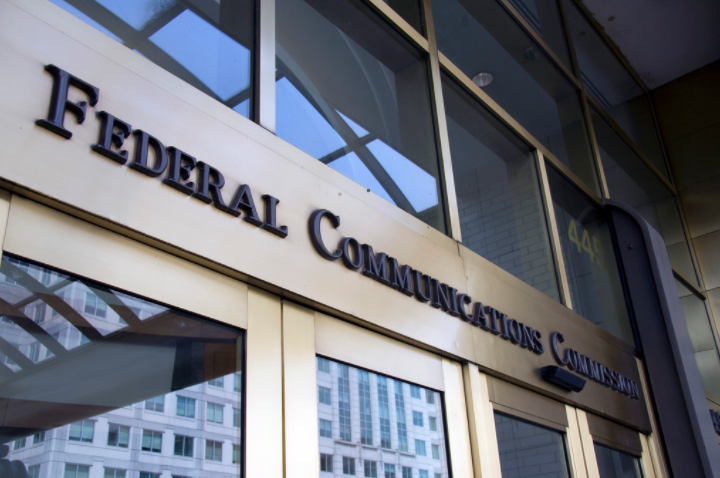Further ministerial action on TRAI’s recommendations to protect net neutrality will make India a global leader

While some may see it as ironic that the country which coined the phrase “net neutrality” voted to dismantle it Thursday, this presents an opportunity for India to take up global leadership on this important issue. The U.S. Federal Communications Commission voted to repeal its own regulation in 2015 to protect net neutrality, which is called the Open Internet Order. Many years ago, technologist and academic Timothy Wu coined the phrase, “net neutrality” to underscore that all traffic on the internet needed to be protected against discrimination from service providers. He reasoned they were internet middlemen, and should not have the power to distort the exchange of information between internet users and what they want.
Net neutrality became an important regulatory issue in India close to two years ago when the Telecom Regulatory Authority of India (TRAI) announced a public consultation, in which more than a million ordinary internet users participated, and urged it to protect net neutrality. Acting on this mass mobilisation, support from civil society groups, academics and experts, TRAI as one of its first acts banned the practice of differential tariffs. This would prevent internet middlemen from determining the price of internet access depending on what a user was seeking. Quite simply, they could charge a flat fee for the quantity of data, but did not have any power to discount or mark up the price of access based on the content you accessed. Hence, users were left free to use YouTube, Netflix, or Amazon Prime. It also opened up the market to any new entrant who could easily scale up and compete with such services, without having to pay a toll to the ISP, which would not have the ability to shape traffic for their commercial interests.
However, such a regulation was limited to price. There also existed some other areas of net neutrality that needed to be addressed by India. This included technical forms of discrimination such as differential speeds — the practice of speeding up or slowing down specific websites or web services. While this may appear simple, this was a jargon-laden, nuanced, technical and regulatory exercise carried over for more than a year. Only a few weeks back, the TRAI endorsed the need for further regulations and telecom and ISP license amendments to further protect net neutrality. These recommendations need to be acted upon by the Department of Telecommunications. It clearly seems that India is taking the global lead on net neutrality, and there is hope this will happen. A key part of what is setting India apart on this issue, is that net neutrality in India is driven by a regulator that is considering this issue in public interest. Net neutrality here is a non-partisan issue, and enjoys support across party lines.
In the US, the rejection of this principle mainly emanates from the Republican Party’s posture, symptomatic of its general preference for corporate interests during the presidency of Donald Trump. Traditional norms of ethics, revolving doors between interest groups and regulators paint a worrying abdication of its leadership to protect the open internet. While one hopes that this is a temporary aberration, it provides India a chance to pave the regulatory path.
This short comment was originally published on The Print. The Facebook post linked to it draws from an Access Now statement available here. I have written on this issue much more substantively in a recent article linked below.
https://apargupta.com/net-neutrality-fulfils-constitutional-promises-e403b8cb4808